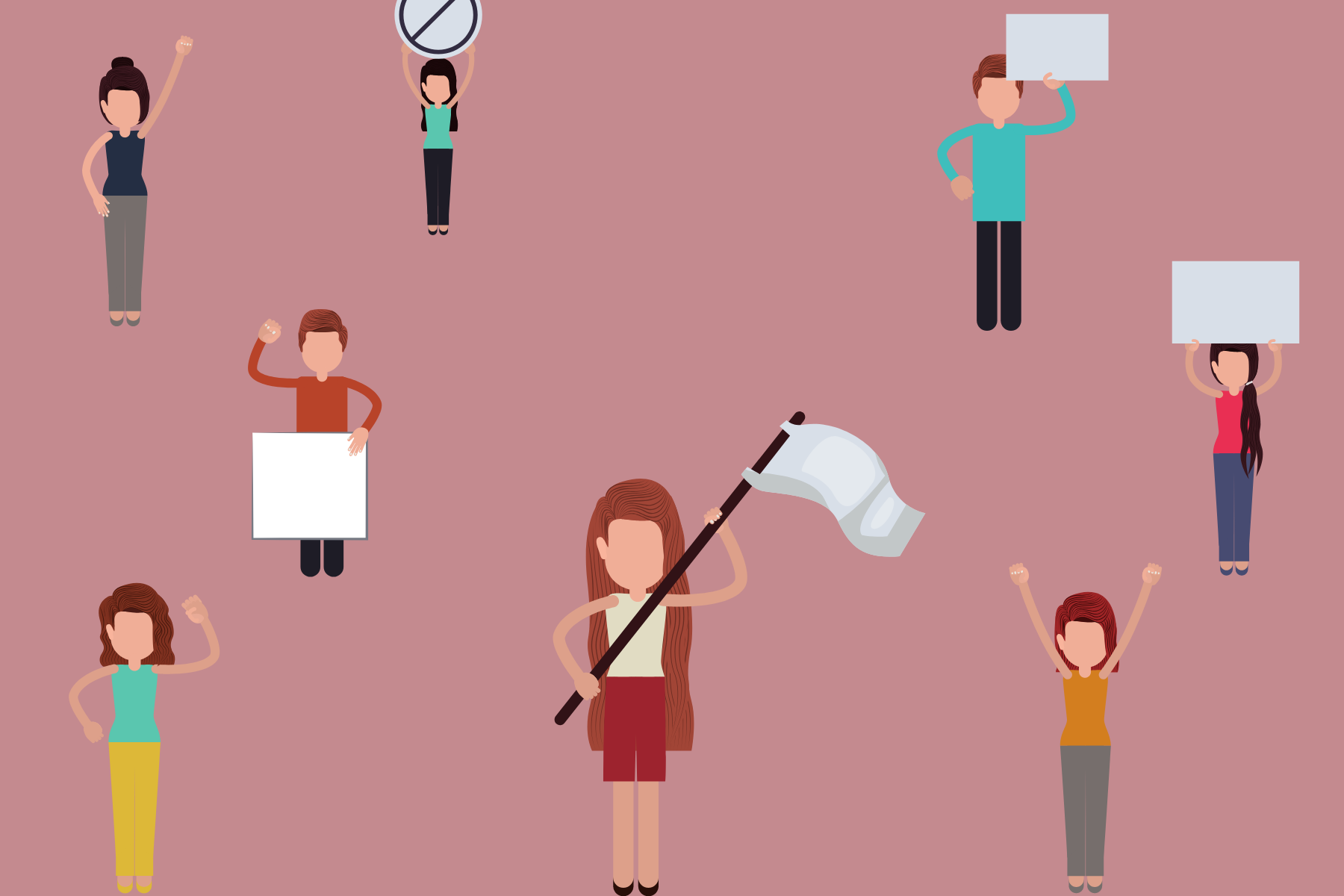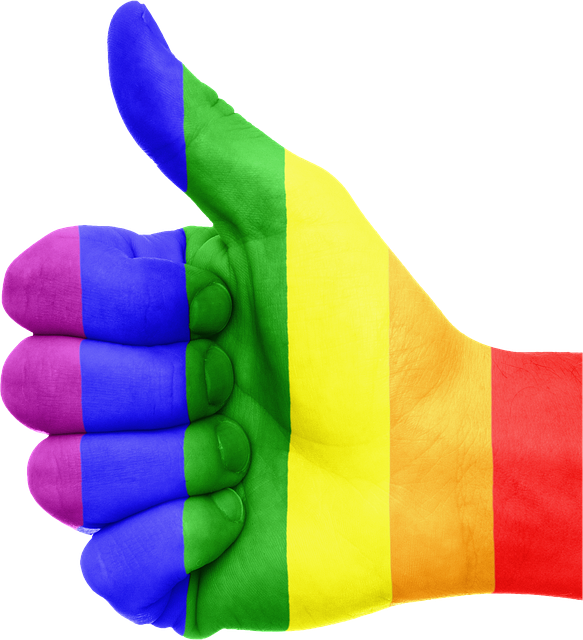By, Owen, Sophia, Kayla, Jacob, Lauren & Madison
Have you ever had time to sit down and contemplate all the different forms of media that you intake on a daily basis? The answer is you most likely have not; but whether you realize it or not, you’re constantly being exposed to some sort of media.
From social media to television and movies, even songs on the radio and advertisements on the street, we are constantly taking in and interpreting messages that are being fed to us by all forms of media. If you go further than this and look into the images that are shown to us as being ideal, it is even more eye-opening.
In media, the proportion of images we intake show cis-gendered, straight, and usually white, people living their ideal lives. Not only does the media place users into simple categories of gender and sexuality, but it also makes us feel as though we must fit in with society by placing ourselves into these categories as well if we want to be “normal”.
What about the individuals who don’t fit into the categories at all? Whether non-binary, bisexual, trans, gay, queer, there are so many humans who are left out of representation in the public eye, or when they are represented in the media it tends to be in a stereotypical way. Representation is so important to open people’s eyes and show the variety of people who are happy and healthy in our society, that live beyond the confines of what is considered normal.
Why Does it Matter?
Having people in the media who are gender non-conforming and not straight are vitally important to representation because it sends the message that it is okay to be a part of the lgbtq+ community. Moreover, it is something that should be normalized throughout society because the majority of the media we consume today is mostly heteronormative and cis-gender. This causes those who aren’t a part of those groups to feel like they don’t belong because they only see one view of gender and sexuality.
There are many people who would be able to have connections with characters who are part of the lgtbq+ community. There are a lot of times when children, or just people, in general, are going through some hardships in their lives, and they feel like they are alone and they feel like they have no one they can reach out too, to talk to about their feelings and the problem that they have found themselves in. Bringing a more broad representation of lqtbq+ characters in all aspects of media would have helped guide people who find themselves in the same kind of situations as characters in the shows.
More gender and sexuality representation is necessary in the media because it will expose people to the culture so that they can get a better understanding that they are also just people trying to live their lives. Giving more representation in the media will only be a step in the right direction for the lgtbq+ community if they are properly represented by people who belong to the community in which they are representing.
Differing opinions
In an ideal world, it would be easy to have more media representation for those in the lgbtq+ community, but not everyone feels the same way. When looking on the internet for the different views about LGBTQ+ representation and whether it was good or bad there were not many media sites that were advocating openly against equal representation. When looking at more liberal media sites like vox.com they were very much for equal representation. Many of the websites also promoted up and coming shows and celebrities from the lgbtq+ community.
Against Diversity
The next step was to search for people who thought opinions did not want diversity. A google search did not turn up any results and neither did conservative news sites like MSNBC and when we searched the topic lgbtq+ and equal representation and nothing was found.
Twitter was the obvious last resort where there were tweets against it, and there were quite a bit more results on twitter.
This tweet shows that those who are widely represented in the media, white mostly males, don’t see the issues because it does not affect them.
There are also those who are against the lgbtq+ community and think that watching gay people will make their kids gay. These beliefs stem from people who are not only anti-lgbtq+, but they also don’t believe that being gay, bisexual, or transgender, etc. is natural. Many of them believe that it is something that you are influenced or decided to be.
It is people with these views or similar views that believe that equal representation of people in the lgbtq+ is bad and are very open about discouraging those views. There are even some who fall into this category because they claim they aren’t anti-lgbtq+ but still don’t want their children to identify in the community. One example we see in the media is Kevin Hart’s stand up comedy where he says he is not anti-gay, yet fears his son being gay.
These anti-lgbtq+ messages are embedded all over the internet without us knowing. It is up to us to combat those messages by showing more representation and also showing that even if we are not in the lgbtq+ community, supporting those representations.

